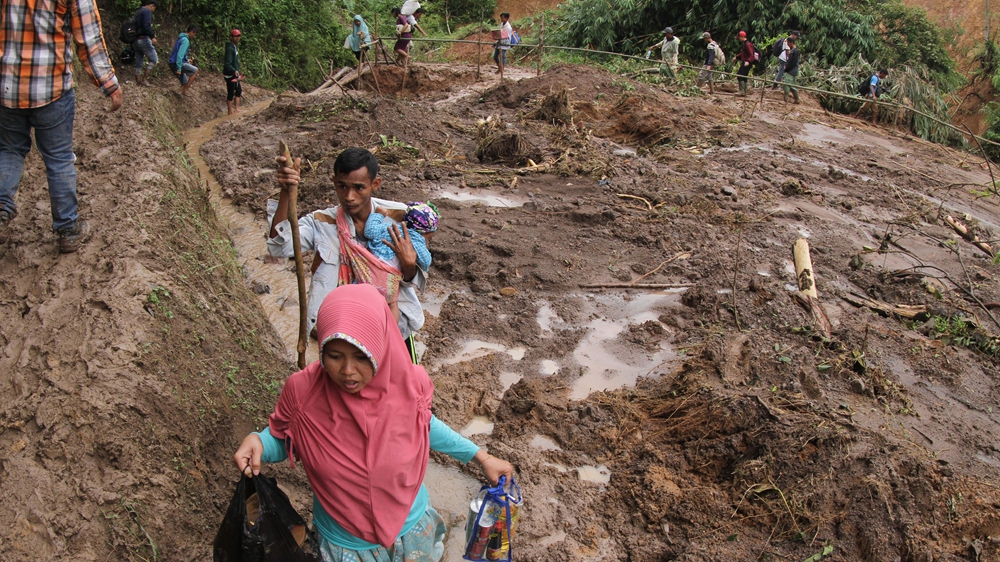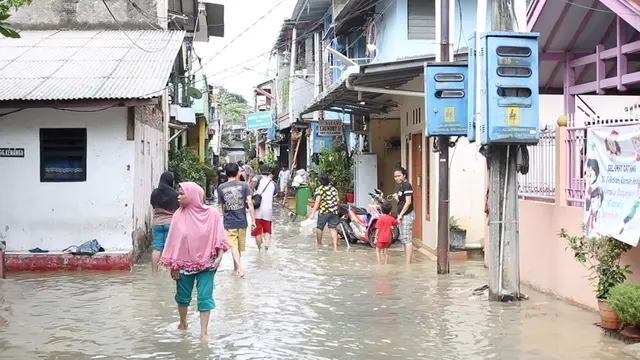Jakarta is reeling from the worst flooding it has experienced since 2007. Heavy rainfall poured over the city for at least 15 hours on New Year's Day displacing hundreds of thousands of people and leaving at least 66 dead.
The Search and Rescue Agency are focusing their search in the small neighborhoods and alleyways that are still submerged in water to make sure there are no more casualties. Jakarta governor Anies Baswedan said at a press conference that water pumps in the districts affected were unable to cope with such amount of rainwater. He claimed that only 15 percent of Jakarta was affected during the heavy rains of December 31, 2019.
So far the provincial government has deployed more than 120,000 officers to help with those displaced across Jakarta and several districts in West Java, one of the badly hit regions.
Although many are still seeking refuge in temporary shelters, most families have been able to return to their homes as electricity has been restored in several districts. However, authorities are still cautioning residents against more downpours in the coming months, at least until March, which could cause massive flooding again.

Villagers in an area affected by a landslide in Sukajaya, West Java, Indonesia, January 5, 2020. /AP Photo
This incident has highlighted Indonesia's infrastructure problem. As a developing country, most of its big cities are under construction to make way for bigger roads and advanced transportation systems. Experts have previously mentioned that many of the developments happening across the city are unchecked and as a result water management isn't a prime concern. Excessive extraction of groundwater is also making Jakarta one of the fastest sinking cities in the world.
Environmentalists are now urging the government to take climate change seriously before it is too late.
"Indonesia, as an archipelagic country, is an area that is vulnerable to the effects of climate change. One of the phenomenon of climate change is extreme rain or drought, coupled with rising sea levels. The New Year's rain was extreme and as a result we saw districts submerged in water," said Yuyun Indradi, an environmentalist and former Greenpeace Indonesia campaigner.
Deforestation, forest fires, the extraction of natural resources and the construction of power plants are also increasingly becoming the biggest contributors to emissions that accelerate climate change and increase the temperature of earth.
"If we look at the ecological condition of the island of Java with forest covering only around 10 percent, while in Jakarta (this is) only around eight percent, it shows that the ecological carrying capacity of Java and Jakarta is drastically decreasing and continues to be worsened by the construction of large power plants in the region. So it is not surprising that floods, landslides, extreme rainfall or prolonged drought is becoming increasingly common. The Jakarta flood is proof that climate change is real," said Yuyun.
(ASIA PACIFIC DAILY)
 简体中文
简体中文

